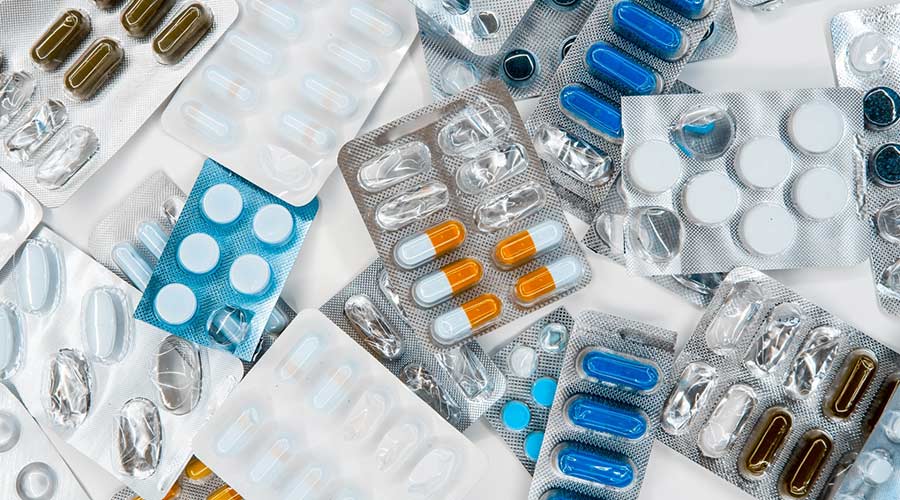
In order to strengthen one’s own immune system, it has long been the case that nutrition is no longer the only way to do so. limited. There are now also countless means, which are complementary in terms of the nutrition. But which of these really deliver what they promise and under what conditions? conditions? Many people are confronted with this question, especially during the autumn and winter months. winter months.
L-(+)-ascorbic acid, as this substance is scientifically correctly called, is certainly the best-known means of strengthening the human immune system. And in fact it does a lot for our organism by binding free radicals. These are atoms or molecules that have at least one unpaired negatively charged particle (a so-called electron). Such radicals can irreparably damage important building blocks of our body such as blood vessels, proteins and fats. Because L-(+)-ascorbic acid is very soluble in water, there is usually no risk of overdosing. Excess is simply excreted by our body. An exception in this regard are people who suffer from a metabolic disease. In such cases, it is advisable to seek medical advice before taking a vitamin C supplement.
Another important substance is vitamin D. The precursor of vitamin D is called 7-dehydrocholesterol. Large amounts of this are found in certain layers of the human skin. It is converted into vitamin D by exposure to sunlight. In our latitudes, many people therefore suffer from vitamin D deficiency during the winter months. At this time of year in particular, it can therefore prove useful to increase the intake of this substance. This can be achieved, for example, by frequent consumption of so-called fatty fish such as eel, herring and tuna, or by taking dietary supplements.
In the face of unusually high fatigue, brittle fingernails and toenails, and skin disorders, it may often be advisable to increase iron intake. Iron enables red blood cells (technically known as erythrocytes) to absorb oxygen and distribute it throughout the bloodstream. Both our body cells and our muscles need oxygen to be able to produce energy. However, before starting to take additional iron by means of appropriate dietary supplements, medical advice should definitely be sought. The aim here is to clarify whether there is an iron deficiency at all. In this case, overdosing can lead to damage to the intestines.
Zinc can also make a very significant contribution to strengthening the immune system. This is especially true during the "cold season", because zinc is able to activate the body's own defense cells. This fights off pathogens. Already then, if a cold announces itself, the admission of additional zinc can be advisable. However, such a supply of high doses should only be taken in the short term and in view of acute health complaints. Otherwise, there is a possibility that the exact opposite of the desired effect will occur and the immune system will be weakened.
Selenium strengthens our immune system by regulating the metabolism of our thyroid gland. In addition, this substance can have a supportive effect in the immunization against infections. Up to 100 micrograms of selenium per day can be taken without hesitation. For anything above this, medical advice should be sought beforehand. This is because selenium in excessive doses can cause damage to the liver.
There are various tips and tricks on what to do in the face of…
Undoubtedly, pain in different parts of the body can be an incessant and considerable…
In order to strengthen one's own immune system, it has long been the case…